Established in partnership with the Suffolk County Juvenile Court, Boston CASA’s Transition Age Youth Advocacy Program (TAY) focuses on young adults in the Suffolk & Middlesex Counties who, for a variety of factors, are unable to reunite with their families or be adopted. Instead, these youth age out of the foster care system as young adults without a consistent adult figure in their lives and without a plan to move forward into adulthood. The Transition Age Youth Advocacy Program is grounded in a youth-driven process for young adults to develop necessary life skills and self-advocacy in order to fulfill their needs and thrive. The Transition Age Youth Advocacy Program will empower youth to make informed decisions about their futures which can include continued involvement with the Department of Children and Families (DCF), independence and/or transition into the community.
What does transition planning look like?
At 14 years old, with the support of CASAs involved in the Transition Age Youth Advocacy Program, the youth with support of their CASA, complete a self-assessment to begin understanding their individual needs and goals. This joint effort helps determine the initial steps for identifying support and creating an advocacy.
What happens at 18?
Over time, the child welfare system and involved agencies have created an unrealistic expectation that youth at the age of 18 can navigate their lives and transition out of foster care alone. Many youth are not aware of the benefits of remaining in the custody of DCF until they are 22, which can include job training, education-vocational training, healthcare, and support with one’s living arrangement. It is also true that many youth do not know the requirements of maintaining services. Often, youth turn 18 and are sent into community to fend for themselves.
The Transition Age Youth Advocacy Program helps educate youth about those requirements and stay in good standing with the Department of Children and Families to sustain these benefits. Transition Age Youth Advocates also advocate in the courts and community to ensure that youth receive the services to which they are entitled.
For youth who cannot or do not sign on DCF services, Transition Age Youth Advocates become a lifeline that help these young adults receive guidance and community support at a critical point in their lives when they don’t have family support or DCF involvement.
Youth who have left the system, but would like to return: If a young adult has emancipated from the system, but thereafter recognizes the benefits to “signing” themselves back into services, Transition Age Youth Advocates are well poised through their relationships with the courts to facilitate re-entry after their 18th birthday by contacting the youth’s previously assigned attorney and DCF area office.
Throughout their involvement, Transition Age Youth Advocates seek to connect youth with relational supports that offer permanency and the sense of belonging within a community. For some Transition Age Youth Advocates become that must have constant connection within their community.
